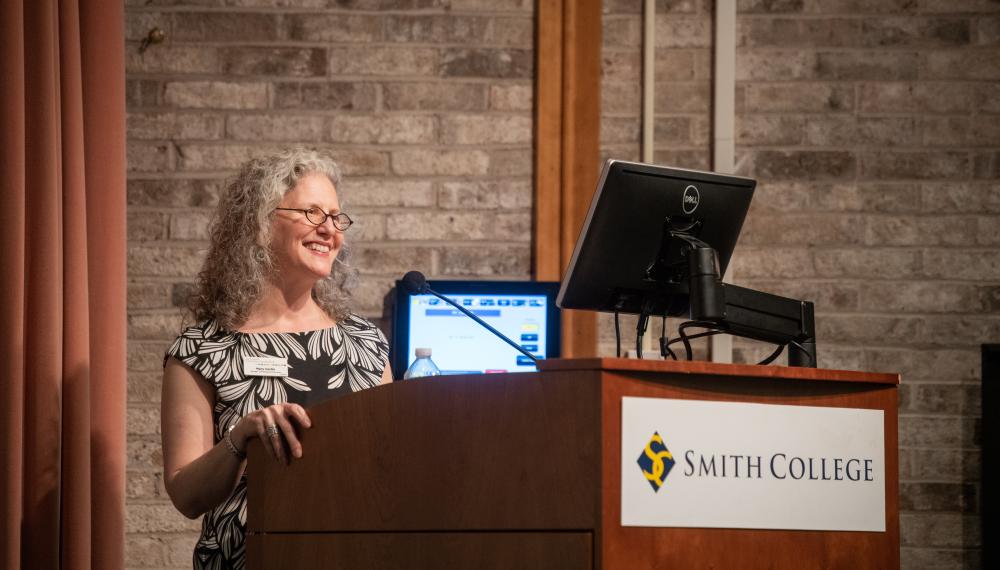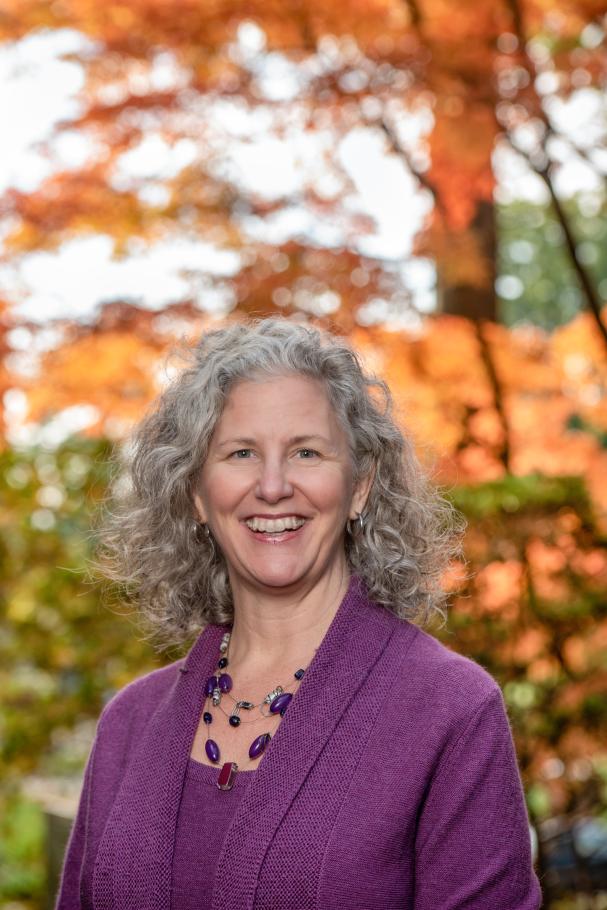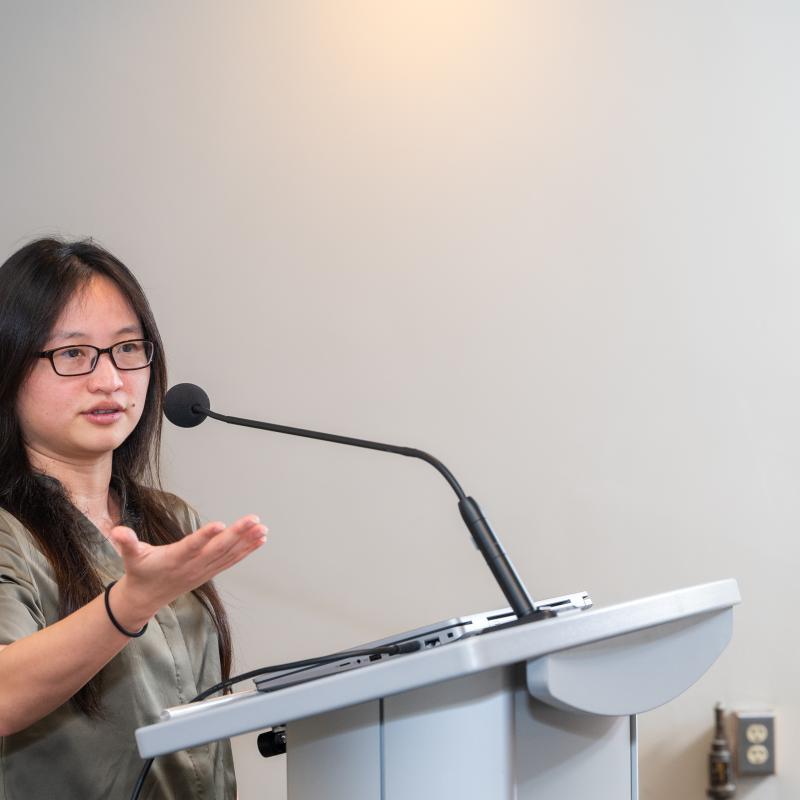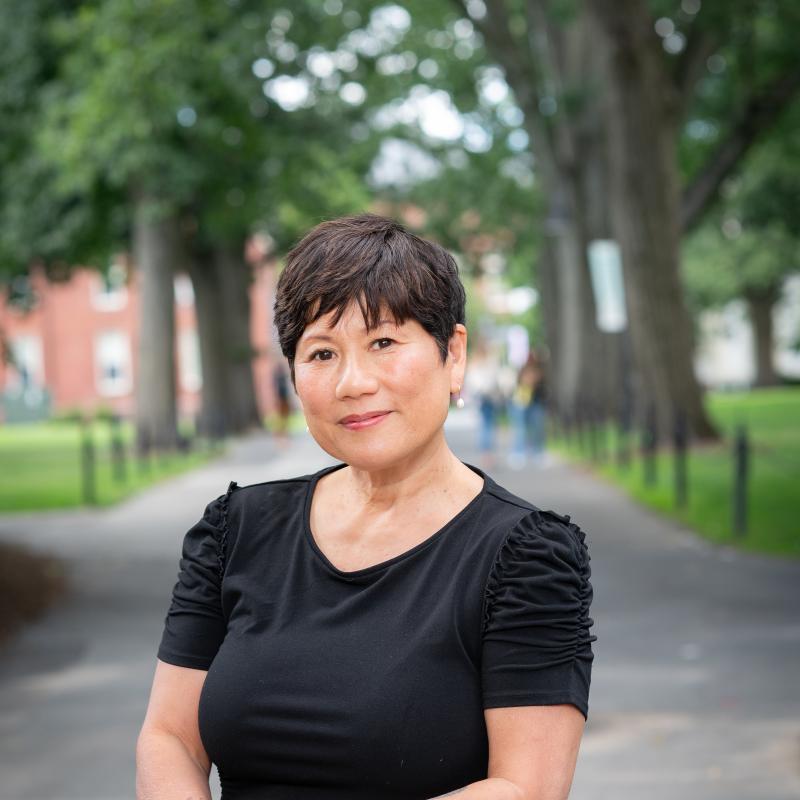
From personal experience, Mary Curtin ’00 knows that social work offers many professional paths. During her career, she has been a clinician and clinical director at a residential treatment facility, a clinician working with children and adolescents in a hospital psych unit and director and then vice president of a nonprofit that supports people with disabilities. In 2018, she returned to SSW as manager of Professional Education and is now its director. She also is an SSW practicum faculty adviser, typically supervising five or six students a year.
“The downside of social work is that it’s very hard,” noted Curtin. “I’ve seen classmates of mine leave social work due to cuts to community public health and social services in general and unsustainable workloads. The upside is that you can do so many things with it.”

“I was drawn to social work because it recognizes that human problems are not just personal; they have a societal or systemic component. It’s not just about helping individuals function better in society, it’s also about making society better at supporting individuals. Because I worked in LGBTQIA rights, I was also drawn to social work's social justice framework.” Smith’s clinical orientation and schedule—summer courses alternating with internships—appealed to her. She did her internships in San Francisco, at a youth juvenile hall and at an outpatient counseling center.
“I really valued focusing exclusively on academics and then exclusively on my placements. Curtin said, reflecting on the benefits of her SSW education. “It gave me a strong clinical foundation. It was very satisfying to write my thesis on lesbian and bisexual girls’ experiences in the juvenile justice system and later publish an article about the topic. And I made lifelong friends, friends I still count on.”
What motivates her in her current role? “I’m passionate about social work and social justice. I’m also a lifelong learner. I want to hear from social workers about what kinds of training will be meaningful to them, to help them learn from individuals with lived experiences, to stay in social work and grow in their profession.”


